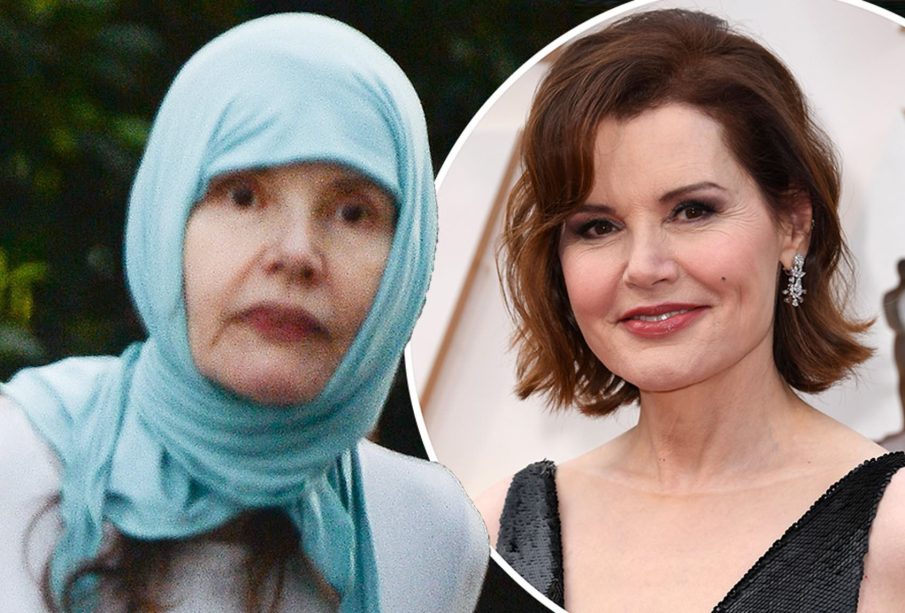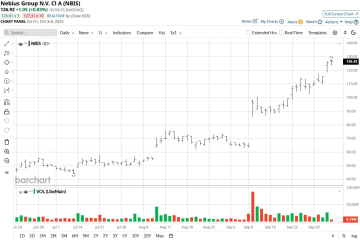Geena Davis: A Trailblazer for Women in Film

Introduction
Geena Davis, an acclaimed actress and a staunch advocate for gender equality in Hollywood, continues to influence the film industry with her efforts. Known for her roles in iconic films like ‘Thelma & Louise’ and ‘A League of Their Own’, Davis’s career spans over three decades. Her work extends beyond acting; she is committed to ensuring women’s representations in media are balanced and authentic, a mission that remains critically relevant in today’s entertainment landscape.
The Importance of Gender Equality in Film
The representation of women in film has been a hot topic in recent years, with numerous studies indicating a significant gender disparity in leading roles and screen time. According to the Annenberg Inclusion Initiative, while the percentage of female protagonists in films has seen an increase, it still lags behind male counterparts. This gap underscores the necessity for advocates like Davis, who founded the Geena Davis Institute on Gender in Media to address these issues.
Recent Initiatives and Events
In 2023, Davis participated in several panels and conferences focusing on the importance of gender equality in storytelling. In March, she led a discussion at the South by Southwest (SXSW) festival, highlighting the lack of women in positions of power within creative industries. Her insights were supported by data showing that films directed by women tend to have more female characters. Furthermore, Davis launched a new initiative aimed at mentoring aspiring female filmmakers, ensuring that they have the tools and resources necessary to thrive in an often male-dominated environment.
Impact on the Industry
The impact of Davis’s advocacy is notable. The Geena Davis Institute has partnered with major film studios and television networks to analyze gender representation in media. The initiative’s research has catalyzed policy changes in several studios, with some committing to better gender parity in their films. As a result, the industry is beginning to see more projects led by women, showcasing diverse stories that resonate with wider audiences.
Conclusion
Geena Davis’s work is reshaping the narrative around women in film and challenging long-standing norms within Hollywood. As her efforts continue to gain traction, the hope is that we will see a more equitable representation of women in film, not just on-screen but also behind the scenes. The significance of her advocacy cannot be overstated; it paves the way for future generations of female filmmakers, ensuring that women’s voices are heard and celebrated in cinema. As audiences, we can support these changes by demanding more inclusive storytelling and celebrating women-led projects.







